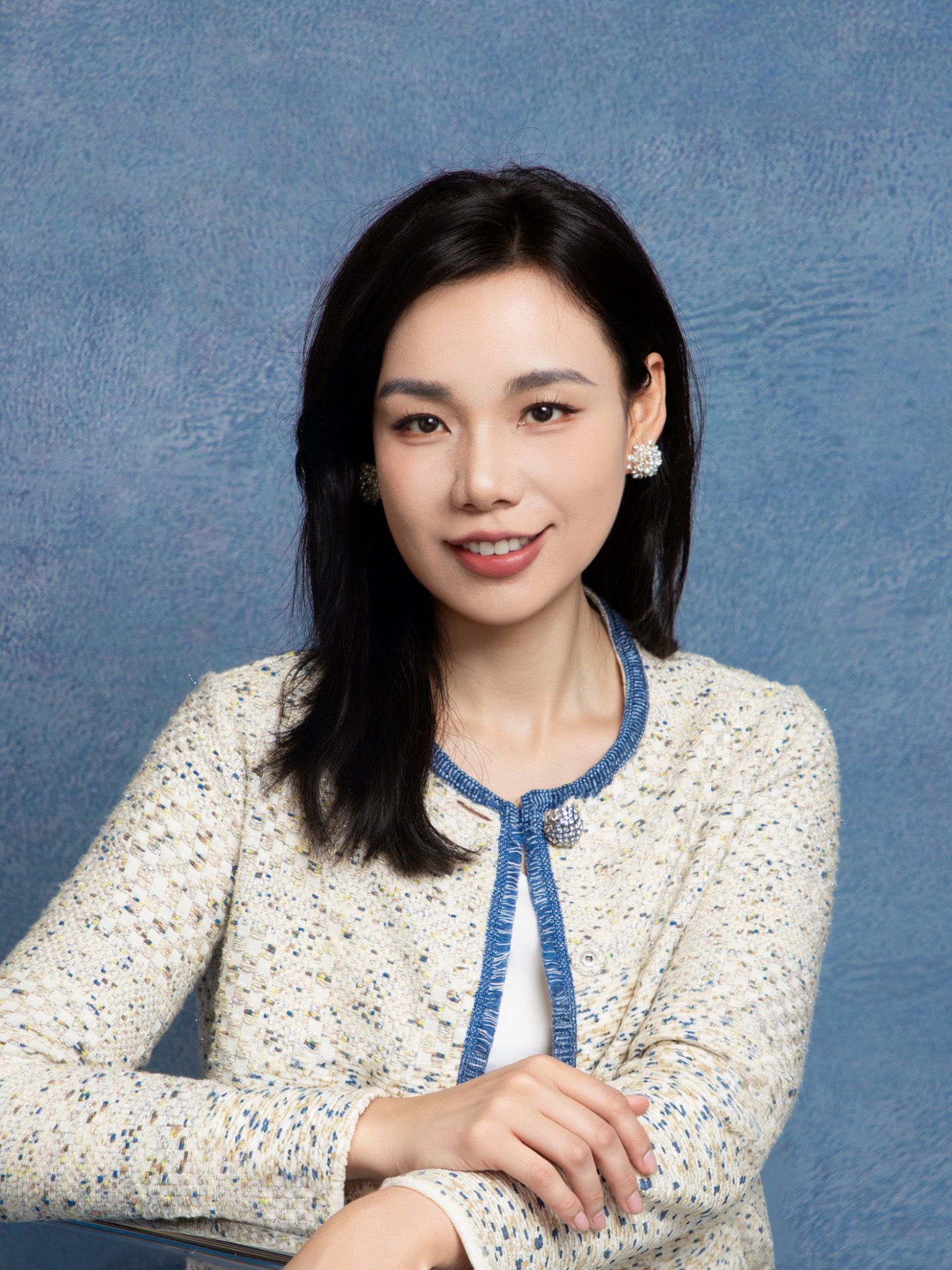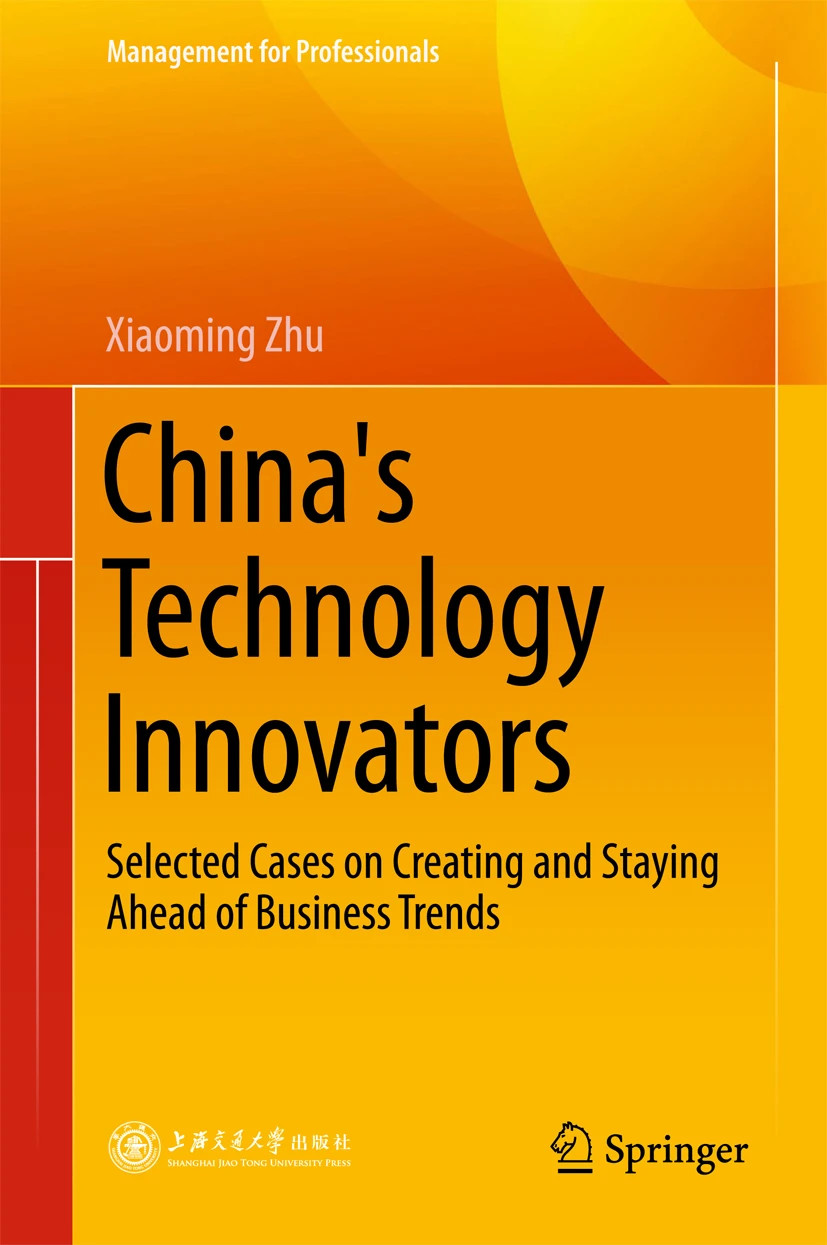Yanbo Song 宋彦博
Ph.D. Candidate in Management (Organisational Behaviour)
INSEAD | Fontainebleau, France
Welcome! I am a Ph.D. candidate in Organisational Behaviour at INSEAD. My research connects creativity, proactivity, and leadership, with a focus on how individuals in teams and organizations address tenstion and navigate uncertainty in collaboration process. I study how novel ideas are communicated, judged, and co-developed across various contexts—from early-stage entrepreneurship to cultural production and human-AI collaboration.
My dissertation, Co-creation Incompleteness: Engage Early Users Through Idea Pitchin, investigates how creators communicate unfinished yet evocative ideas to foster audience attention and engagement. Others of my ongoing projects examine creative differences in Hollywood film production, the role of leadership and inter-team dynamics in shaping job crafting, and emotional divergence among co-founders during venture pitching.
My work has been in print at the Academy of Management Journal and is condentionally accepted at the Journal of Business and Psychology. I have presented at major academic conferences, such as AOM, EGOS, INFORMS OSWC, and the Wharton-INSEAD Doctoral Consortium.
In teaching, I bring over a decade of experience across MBA, MiM, and Ph.D. education. At INSEAD, I have served as a Teaching Assistant for courses such as Negotiations, New Business Ventures, and Organisational Behaviour. I have also led sessions on machine learning and causal inference in the Ph.D. methodology camp. Prior to academia, I worked as Director of Online Training at CEIBS Digital, designing and delivering leadership training programs for global firms.
Through research and teaching, I aim to bridge theory and practice—equipping students, scholars, and practitioners with insights to better navigate the complexity of creative and collaborative work.
Research Interests
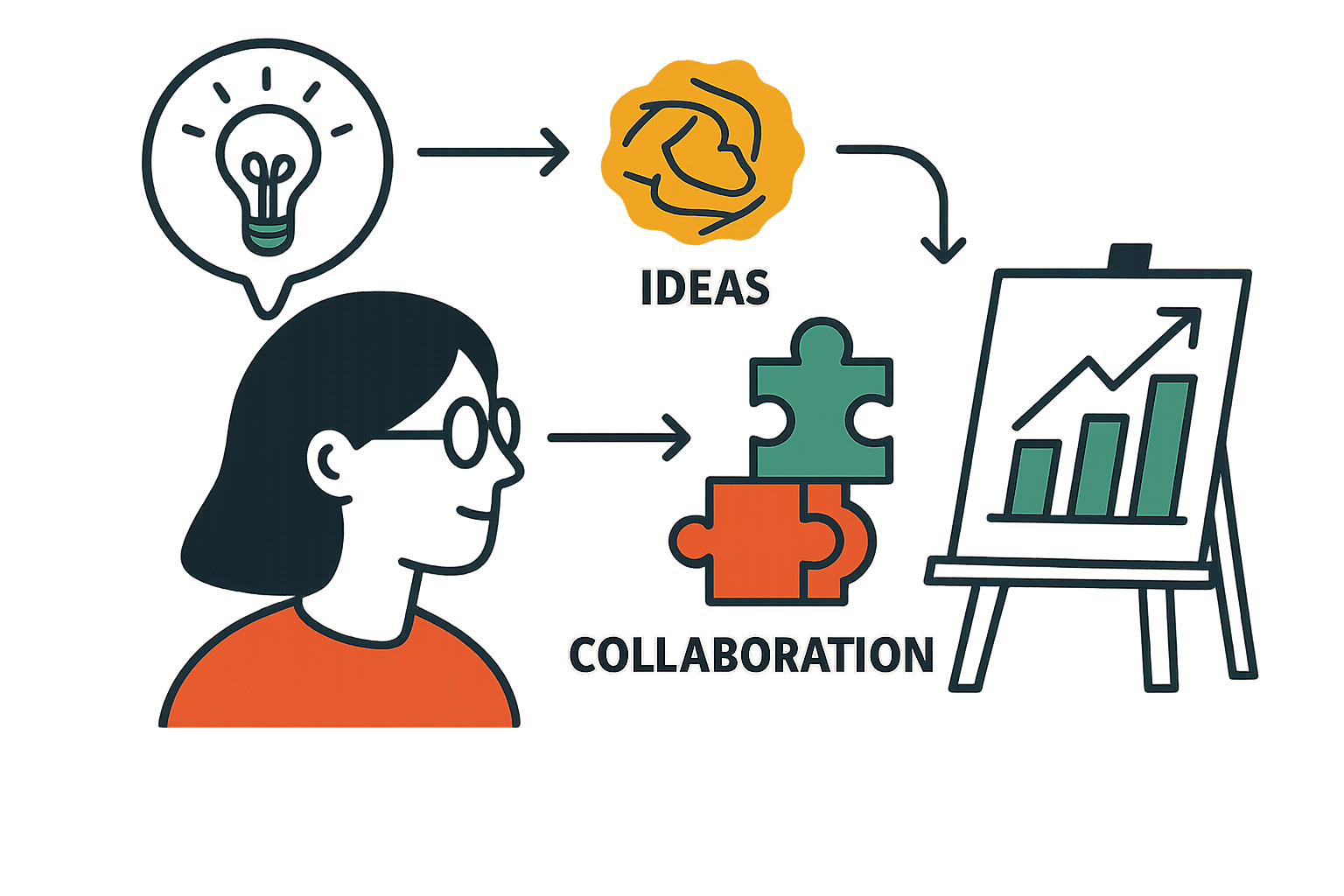
My research on creativity explores how individuals and teams generate, pitch, and evaluate novel ideas in uncertain and collaborative environments. I examine how ideas are communicated and integrated to shape the engagement and evaluation from early audiences, co-creators, and other stakeholders. By combining multi-method approaches across settings like Early Access video games, Hollywood film production, fashion co-branding, and human-AI co-evaluation in patent examinition, my work reveals the micro-foundations and team dynamics that influence how creative ideas are developed, sustained, and socially recognized. Ultimately, I aim to illuminate the mechanisms that foster creative momentum—and those that disrupt it—across time, teams, and cultures.
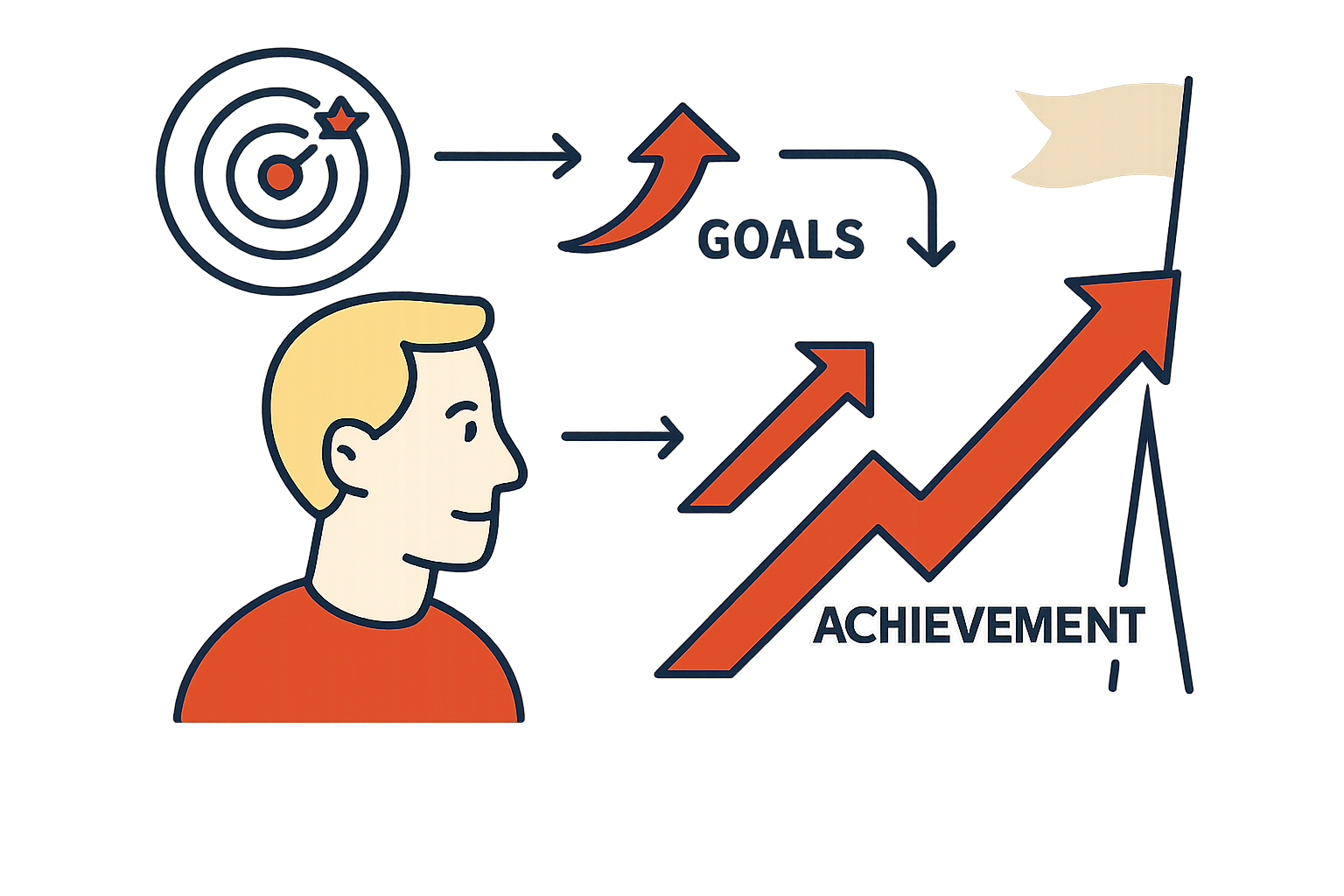
My research on proactivity investigates how individuals in teams shape their task, relationships, and meanings of work through self-initiated efforts—especially under pressure or uncertainty. I focus on how contextual forces such as competition, leadership orientation, and team dynamics influence when and how employees engage in job crafting and other proactive behavior. In one stream of work, I examine how moderate levels of inter-team competition foster proactive and adaptive job redesign, while excessive competition diminishes proactive energy. I also explore how specific leadership styles amplify or buffer these effects. My work contributes to a socially embedded view of proactivity, highlighting that even self-directed efforts are shaped by relational and structural cues. This research informs how organizations can calibrate pressure and leadership to enable sustainable, meaningful proactivity.
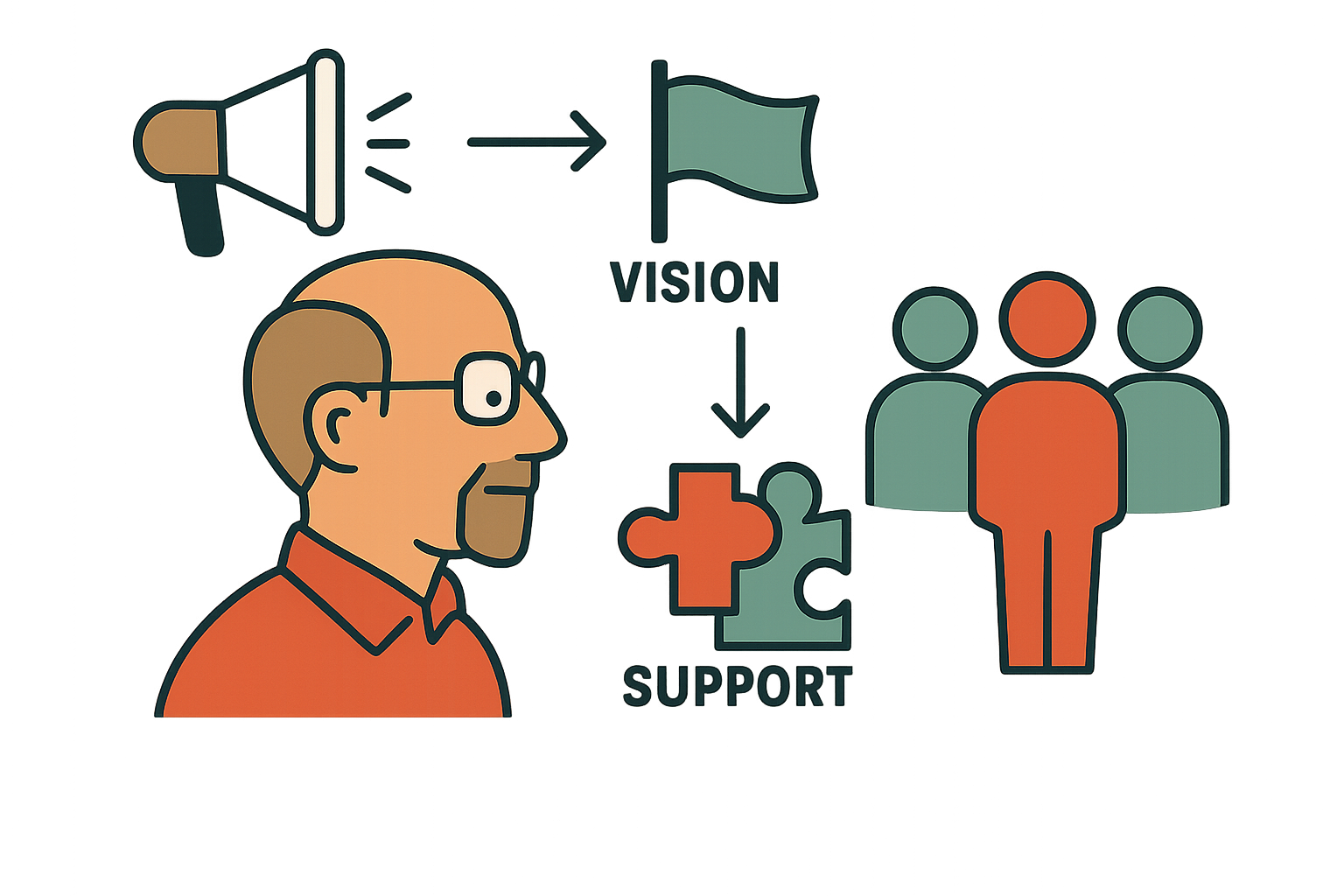
My research on leadership focuses on how leaders enable—or sometimes hinder—creative and proactive work within teams. One stream investigates the role of creative leaders in managing tensions and conflcts during collaborative projects. In a paper in-print at Academy of Management Journal, we explore how leaders and creative professionals navigate departures framed as "creative differences." In another stream, I examine how leadership orientation shapes employees' job crafting behaviors in high-pressure environments. Together, these studies illuminate the nuanced ways leaders shape the interpretation of conflict, collaboration, identity, and proactivity in creative and organizational contexts. They also offer practical guidance for designing leadership approaches that sustain innovation without suppressing autonomy.
Teaching Topics
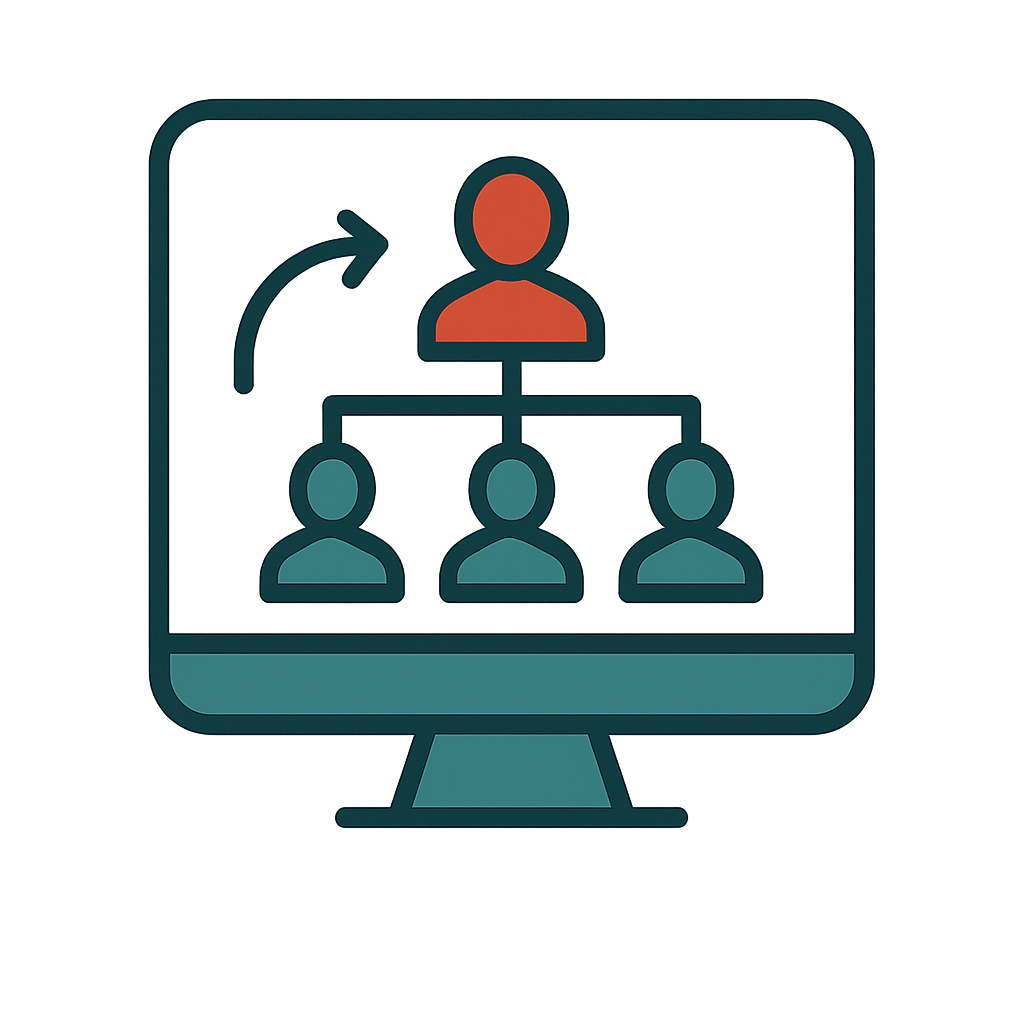
Organizational Behavior
In Organizational Behaviour courses, I emphasize experiential learning, conceptual clarity, and inclusive dialogue. My approach blends foundational theories—such as motivation, team dynamics, and leadership—with real-world relevance through case discussions, simulations, and student-led reflections. I challenge students to explore what drives individual motivation, how proactive behaviors emerge in dynamic environments, and how leadership shapes—and is shaped by—organizational culture and interpersonal dynamics. I encourage students to think critically about organizational challenges and to connect abstract concepts to their lived experiences as future leaders with empathy and drive change with confidence.
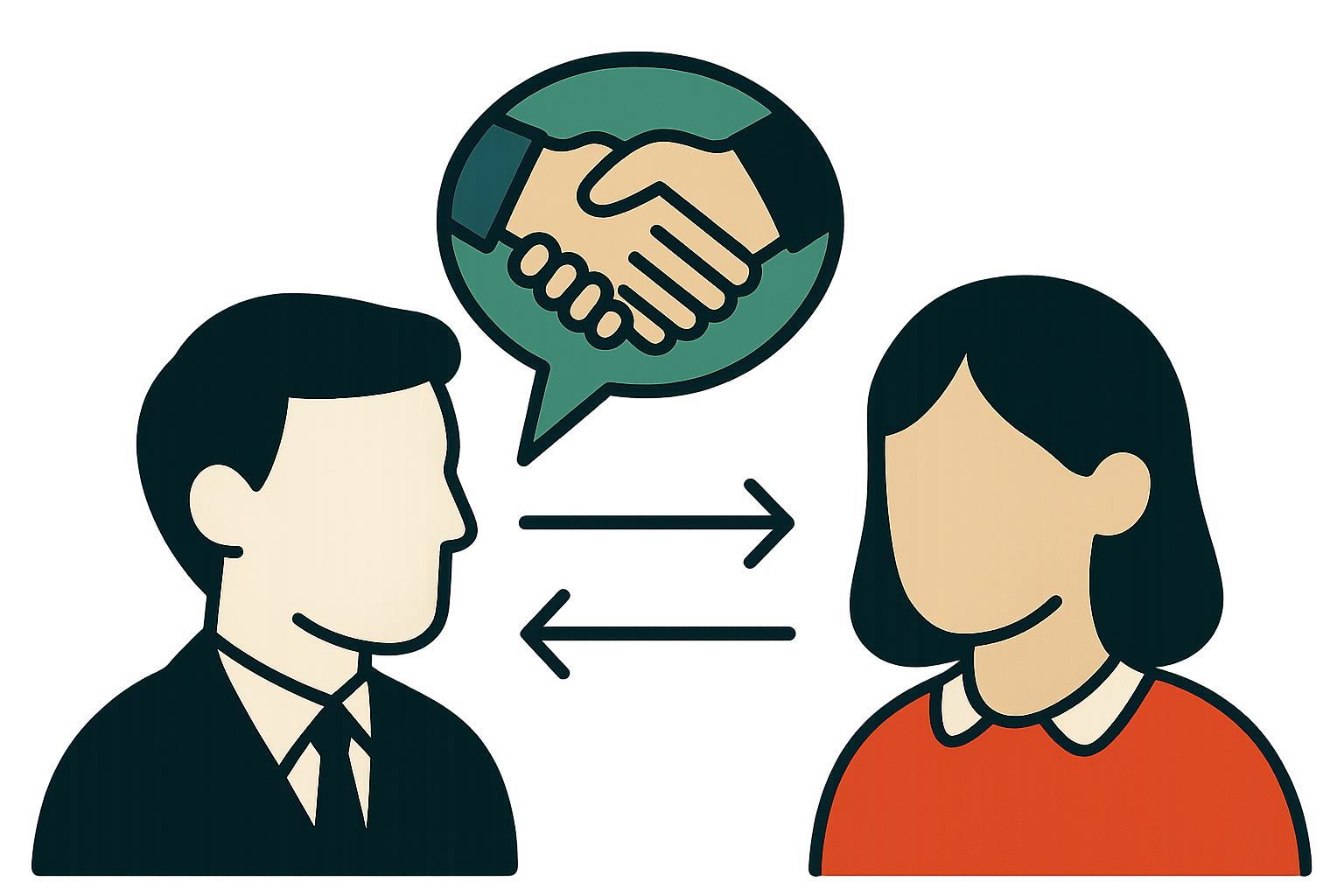
Negotiation
In Negotiation courses, I guide students through the psychological, strategic, and ethical dimensions of bargaining. I emphasize structured preparation, value creation, and adaptive strategy—skills that are critical in both transactional and relationship-based negotiations. Drawing on simulations such as the multi-round case simulation, I help students practice identifying priorities, crafting MESOs, and navigating belief asymmetries. I also facilitate post-negotiation debriefs that deepen reflection on power dynamics, cultural sensitivity, and emotion regulation. My goal is to cultivate negotiators who are not only tactically effective but also self-aware, principled, and able to lead high-stakes conversations with clarity and care.
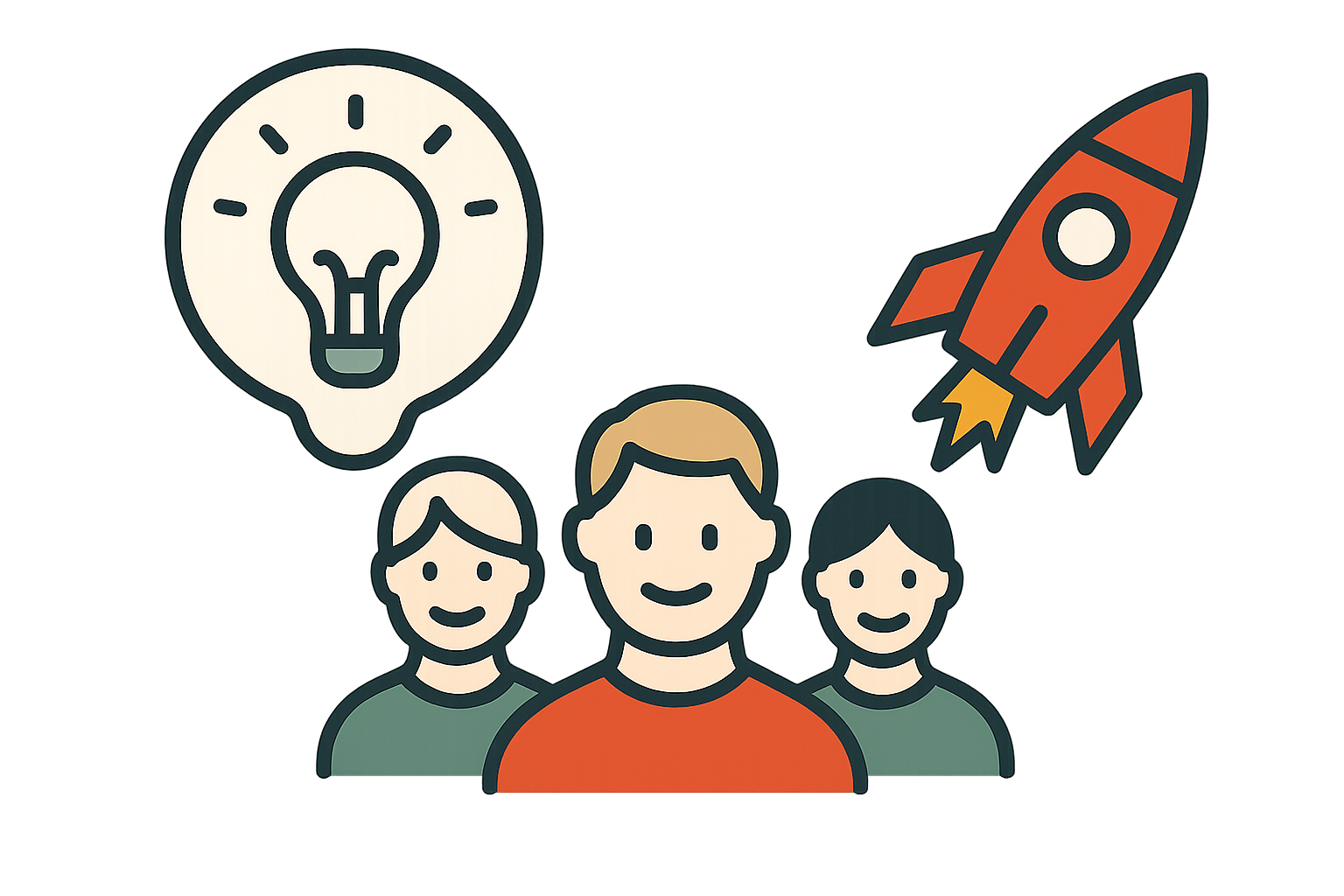
New Business Venture
In the New Business Ventures course, I coach students through the full entrepreneurial journey—from ideation and BMC and alternative BMC development to hypothesis testing and investor pitching. My role extends beyond instruction to venture facilitation: helping teams craft compelling narratives, critically test their business model assumptions, and iterate based on real user feedback. I provide individualized feedback on founder interviews, prototype tests, and pitch presentations, fostering reflective learning and entrepreneurial confidence. The course culminates in a global Pitch Day, where I recruit angel investors and VCs to provide authentic feedback—bridging classroom learning with the entrepreneurial ecosystem.
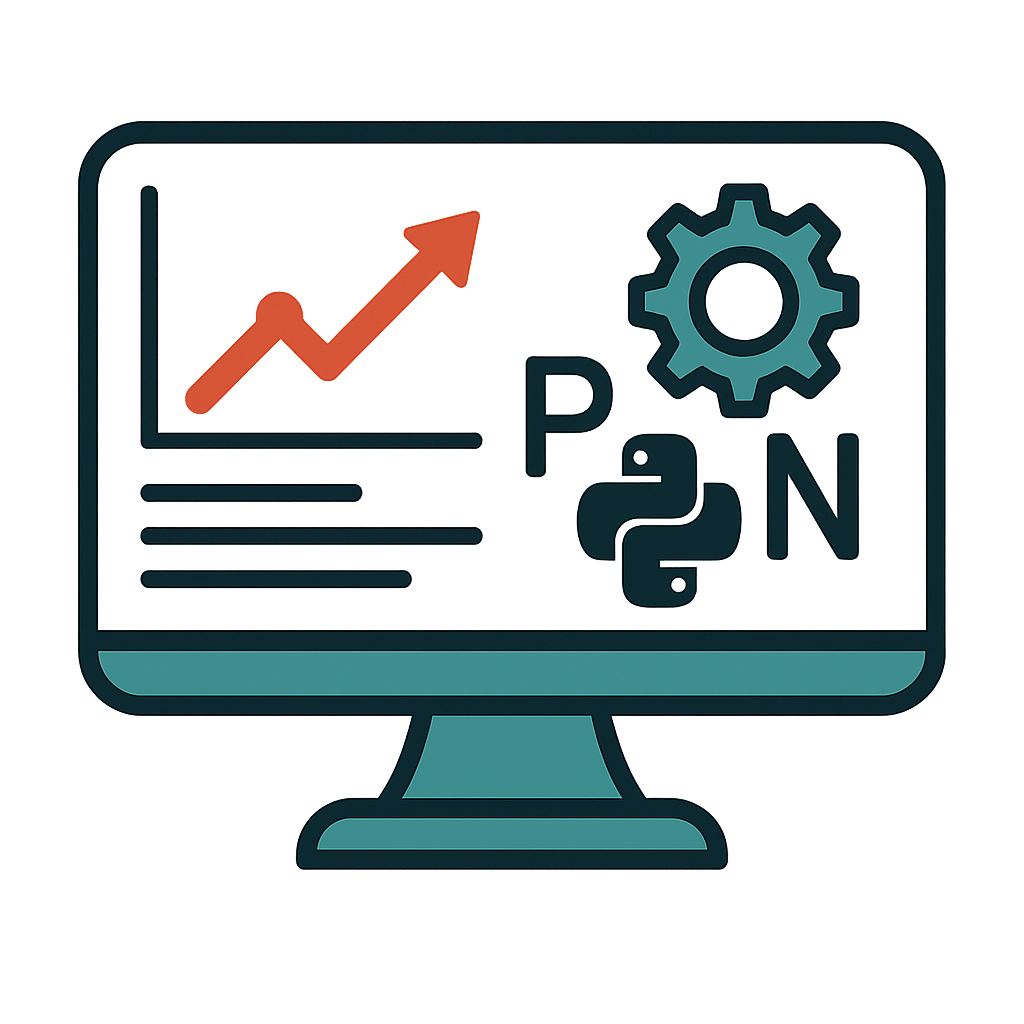
Methodology
In Methodology courses, I equip students with the analytical tools to rigorously explore organizational phenomena. I teach both foundational principles and advanced techniques in data analysis such as causal references and multilevel modeling. I also guide students in applying machine learning, topic modeling, and natural language processing (NLP) using Python and R, enabling them to analyze unstructured data and extract theoretical insight from real-world contexts. My workshops emphasize hands-on coding, interpretation of results, and ethical data use. By demystifying computational methods and connecting them to substantive research questions, I aim to build students' confidence in conducting robust, innovative, and transparent empirical work.
Collaboration
I am deeply committed to phenomenon-driven research and practice-oriented teaching. While trained as a quantitative scholar, I actively engage in mixed-method projects, collaborating with experimentalists and qualitative researchers to unpack complex organizational dynamics. My work is grounded in real-world relevance—whether studying creative breakdowns in entrepreneurial teams or examining human-AI co-evaluation processes in patent systems. I bring this commitment to practice into the classroom as well, drawing on experience designing tailored leadership training programs for companies such as Johnson & Johnson, Sanofi, and GSK. I also co-authored business cases on China's technology innovators (Case I: 3DMed: An R&D Platform for Personalised Precision Anti-cancer Drugs and Case II: Micro Platform, Major Innovation—WeChat-Based Ecosystem of Innovation), highlighting organizational agility and leadership for creativity and innovation in rapidly evolving markets. I welcome opportunities to collaborate with academic scholars and practitioners who share an interest in connecting rigorous research with pressing organizational challenges. If you are working on questions at the intersection of creativity, proactivity, leadership, and innovation (e.g., human-AI collaboration), I would be excited to explore how we might learn together.

